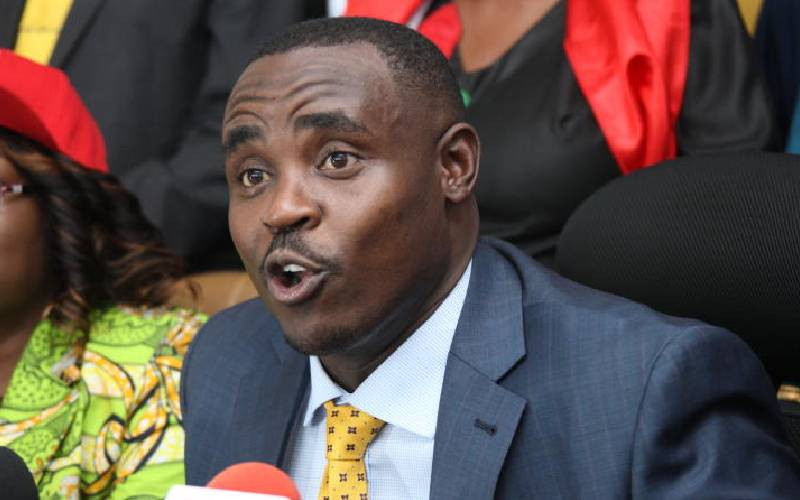
I looked at Jerry. He was a pitiful sight. He was shaking like a leaf and had completely lost control of his bladder. I turned to Kwendo who was smiling and he gave me hope. He looked calm and collected. For hours, we had been sitting at the sharp corner of the road leading to the river. We were waiting for the moment of reckoning. Seven of us teenagers had spent the night in the forest on the banks of River Wandachu, in the former Kakamega district. The terrain was familiar. For it is here that we hunted small animals and did our fishing. It is here that we occasionally sneaked in late at night to harvest honey. It is here that we encountered countless black forest cobras during our honey harvesting escapades. We never bothered the reptiles and they never noticed our presence. We had learnt from the elders that animals reacted violently to human fear. The previous night, we had slept in the forest as part of our cultural passage into adulthood. The numbness and chill that we desperately sought by immersing ourselves into the icy water for hours, was meant to prepare us for the circumciser's knife.